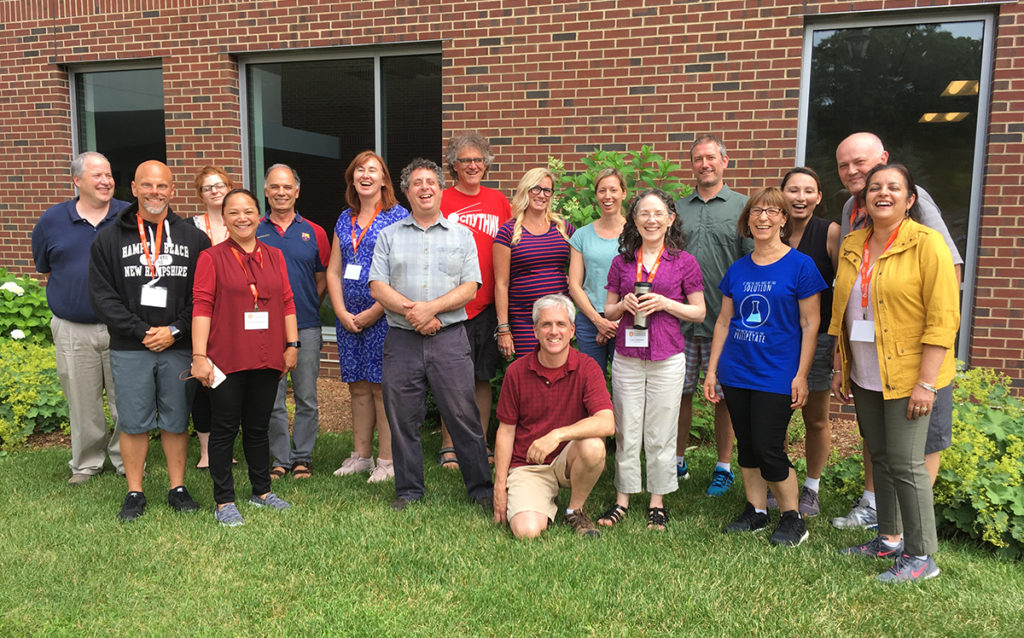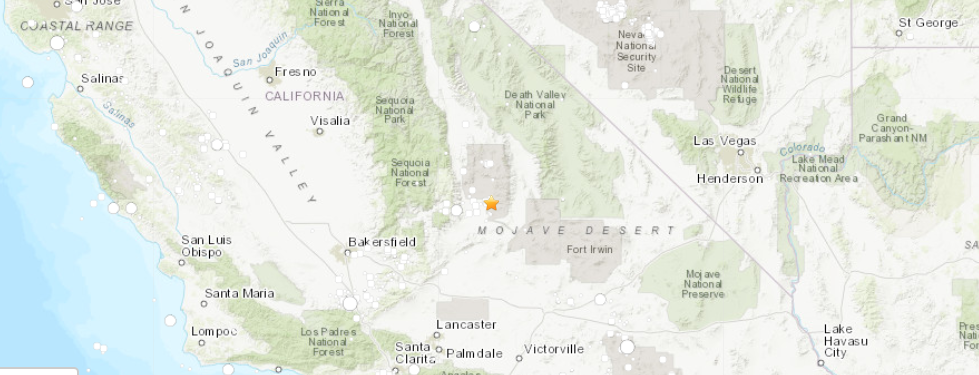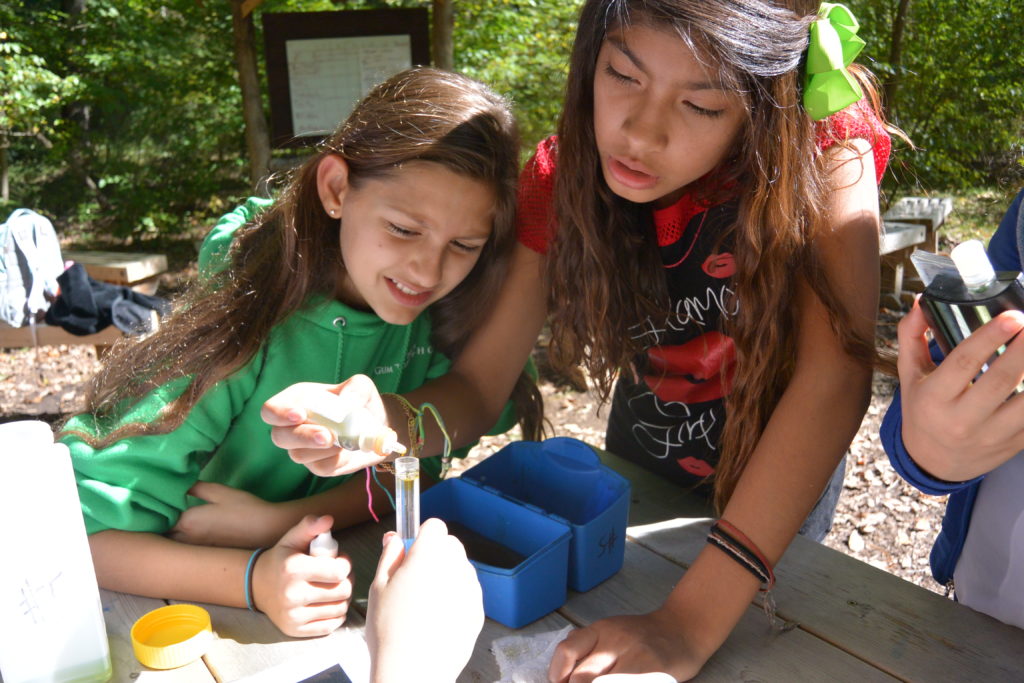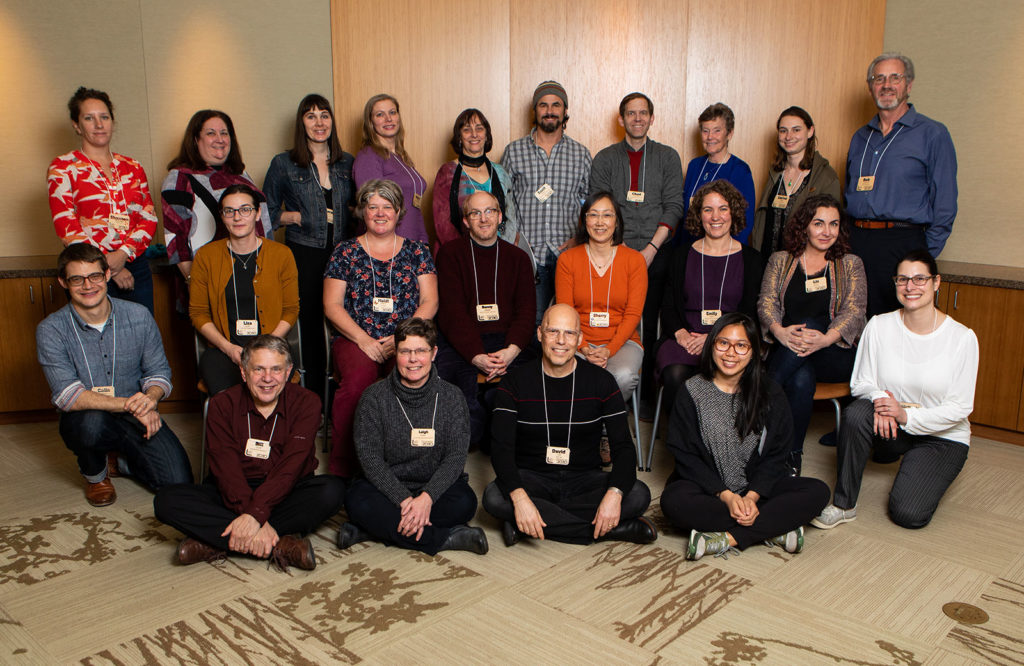What do teachers do over the summer? Plan for the next school year, of course! Thirteen enthusiastic teachers from seven different school districts and four states (MA, ME, RI, and CA) spent four days conducting experiments in physics, chemistry, and biology, preparing to bring new technology, curriculum, and pedagogies back to their classrooms. Biology and […]
While a sophomore at Ithaca College, Julia LaCava wrote a novel in a month. Though she had written full-length scripts for homework, this was not a typical class assignment. She had had a story in her head for over a year, complete with a storyboard of all the characters’ emotions and playlists of songs that […]
Julia LaCava is a summer intern at the Concord Consortium. A junior at Ithaca College, she majors in communications. A massive 7.1 magnitude earthquake occurred July 5 in southern California near Ridgecrest, the strongest to hit the area in 20 years. The quake followed the Independence Day 6.4 magnitude earthquake the previous day north of […]
When Kiley told her father that she had a new position as the Concord Consortium’s scrum master, he asked if she would have to tackle people at work. He calls her the rugby master, but Kiley is used to bad dad jokes. Thanks to recent training, Kiley is indeed a certified scrum master. For the […]
Julia LaCava is a summer intern at the Concord Consortium. A junior at Ithaca College, she majors in communications. Teaching about climate change in the age of the Internet is harder than you might think. “Many online climate change lessons are actually junk” was the bold title of a recent article published by AP News, […]
Across the country, every minute of every day, water glasses are filled from a tap, toilets are flushed, laundry is washed, and bathtubs are filled. Where does this water come from? Where does it go? Who helps to ensure this water is safe? A new project funded by the National Science Foundation’s ITEST (Innovative Technology […]
Our East and West Coast offices got together for two days of team building and brainstorming. We demoed our newest technologies, dreamed up new projects, and solved a (fake) murder mystery. We had a great time celebrating our 25th anniversary! Forty-five enthusiastic staff converged at the beautiful Lyman Estate in Waltham, Massachusetts, where we enjoyed […]
From its beginning, we at the Concord Consortium have advocated for the notion that young people can produce high-quality, meaningful data to answer real questions. More than 20 years ago, Concord Consortium founder Robert Tinker sketched a compelling vision for authentic science in schools and communities, making the case that anyone can be a scientist. […]
We’re making data science accessible and empowering students to understand and analyze complex data without hours of coding lessons or years of advanced mathematics. A new collection of Dynamic Data Science activities designed for students in grades 9-14 is now available to get students working with data! National Health and Nutrition Examination Survey Data Portal […]
From its founding in 1994, the Concord Consortium has always looked to the future, pushing boundaries and imagining the ways technology can expand and deepen STEM inquiry. Pioneers from the beginning, we continue to experiment with novel ideas, applying current and future technologies in unique ways, generating new collaborations, and leveraging the power of open […]








